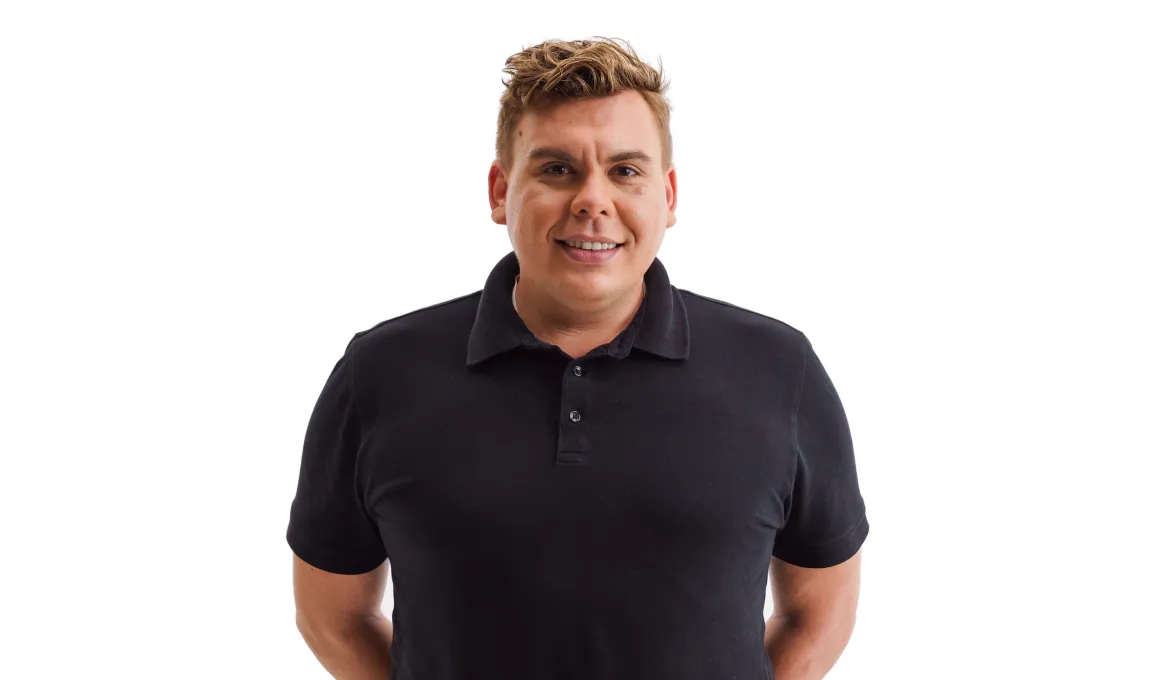ASK YOUR MOB, YOUR WAY, R U OK?

R U OK? launched “I ask my mob, in my way, are you OK?”, to support ‘Stronger Together’ a targeted suicide prevention campaign for Aboriginal and Torres Strait Islander communities.
R U OK? today (22 July) launched “I ask my mob, in my way, are you OK?”, to support ‘Stronger Together’ a targeted suicide prevention campaign for Aboriginal and Torres Strait Islander communities.
The suite of resources for “I ask my mob, in my way, are you OK?” includes culturally appropriate content led by community voices with guidance from the R U OK? Aboriginal and Torres Strait Islander Advisory Group and in collaboration with the Brisbane Indigenous Media Association.
The campaign encourages people to engage and offer support to their family, friends and colleagues who may be struggling with life. The resources feature engaging and authentic stories that promote a sense of connection, hope and identity.
“The Stronger Together campaign reinforces the power of yarning and “I ask my mob, in my way, are you OK?” is about showing the many ways we can ask, listen, encourage, and check in with our mob,” said Mr Satour. “The most important thing for mob to remember is that you don’t have to be an expert, you just have to be yourself and ask, in your own way, so you look after your mob.
The resources give us the opportunity to get conversations started with individuals, organisations, and communities across Australia,” says Satour. “The stories released today show there are so many ways we can, and already do, have R U OK? conversations.”
The resources will help people feel more confident in having an R U OK? conversation and will serve as a platform to the development of additional tools for communities.
“We’ll also be bringing communities together to translate these resources because we know language is central to Aboriginal and Torres Strait Islander cultures," said Mr Satour. “Culture is also fundamental for our overall social and emotional wellbeing.”
Reducing deaths by suicide and suicidal behaviour among Aboriginal and Torres Strait Islander Australians is an issue of major concern for many communities and a public health priority.1 “These numbers represent our loved ones; relatives, friends, elders and extended community members who are all affected by the tragedy of these deaths,” said Mr Satour.
Dr Vanessa Lee-Ah Mat (BTD, MPH, PhD) is the Chair of the R U OK? Aboriginal and Torres Strait Islander Advisory Group, who provide professional counsel and voices of lived experience to guide the campaign.
“Nationally, Indigenous people die from suicide at twice the rate of non-Indigenous people. We know that starting conversations early can stop little problems growing into big ones. We need our mob to ask the question, their way.” says Dr Lee-Ah Mat.
“When we launched Stronger Together in 2019 it got conversations started. These new stories from our community will help to keep the conversation going,” said Dr Lee. “Together we can empower our friends, family members, and the wider community to look out for each other as well as provide guidance on what to do if someone answers ‘no, I’m not OK’.”
Video resources showcase the many ways Aboriginal and Torres Strait Islander peoples ask, “are you OK?”. The focus is on individuals talking about their life experience to encourage more conversations to support those who might be doing it tough.
Kevin Yow Yeh is a Wakka Wakka and South Sea Islander man who has lent his voice to “I ask my mob, in my way, are you OK?”. After growing up on Butchulla Country, Kevin has been living in Meanjin for the past 16 years.
“When I know a friend or a family member is going through some hard time, I reach out by saying, “You right or what?” That allows them to answer yes or no, but also open about what’s going on in their life,” says Mr Yow Yeh.
“I often like to text or call and for my inner circle of friends, who I feel comfortable with and who feel comfortable with me, I like to reach out face to face.”
The FREE Stronger Together community resources are available on the R U OK? website: ruok.org.au/strongertogether
If you or someone you know needs support, go to: ruok.org.au/findhelp